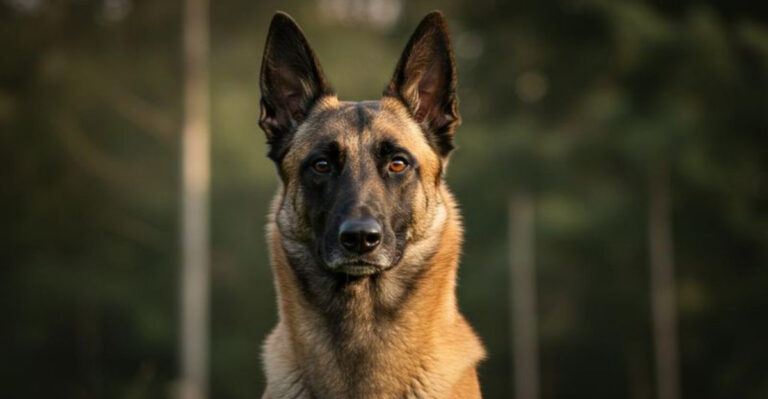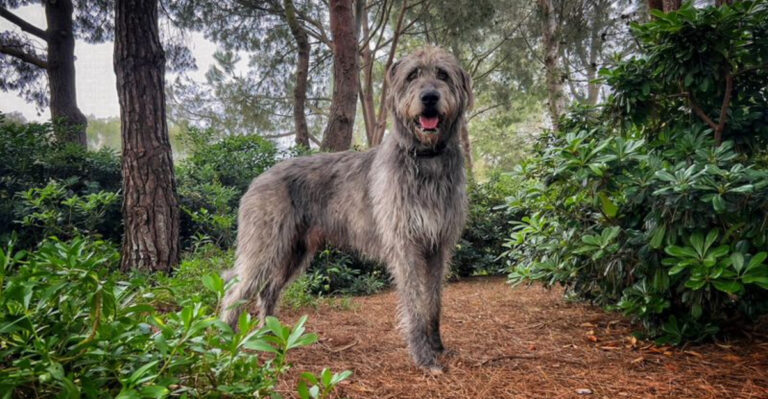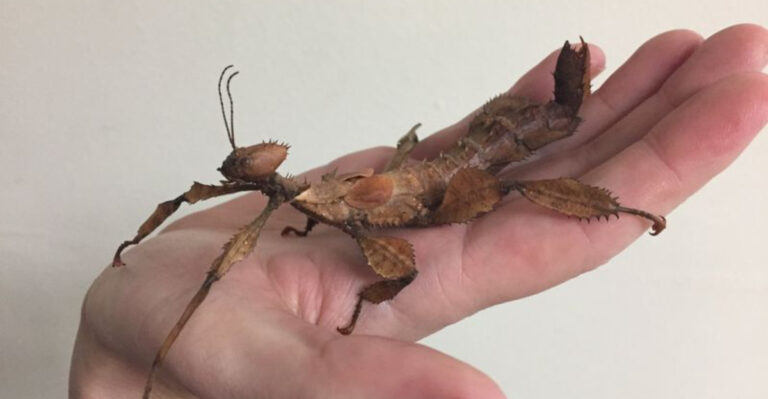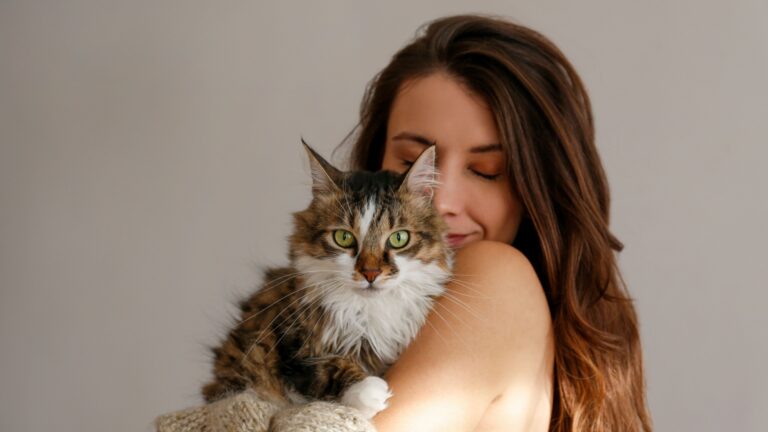12 Animals That Prove Releasing Them Into The Wild Is A Bad Idea
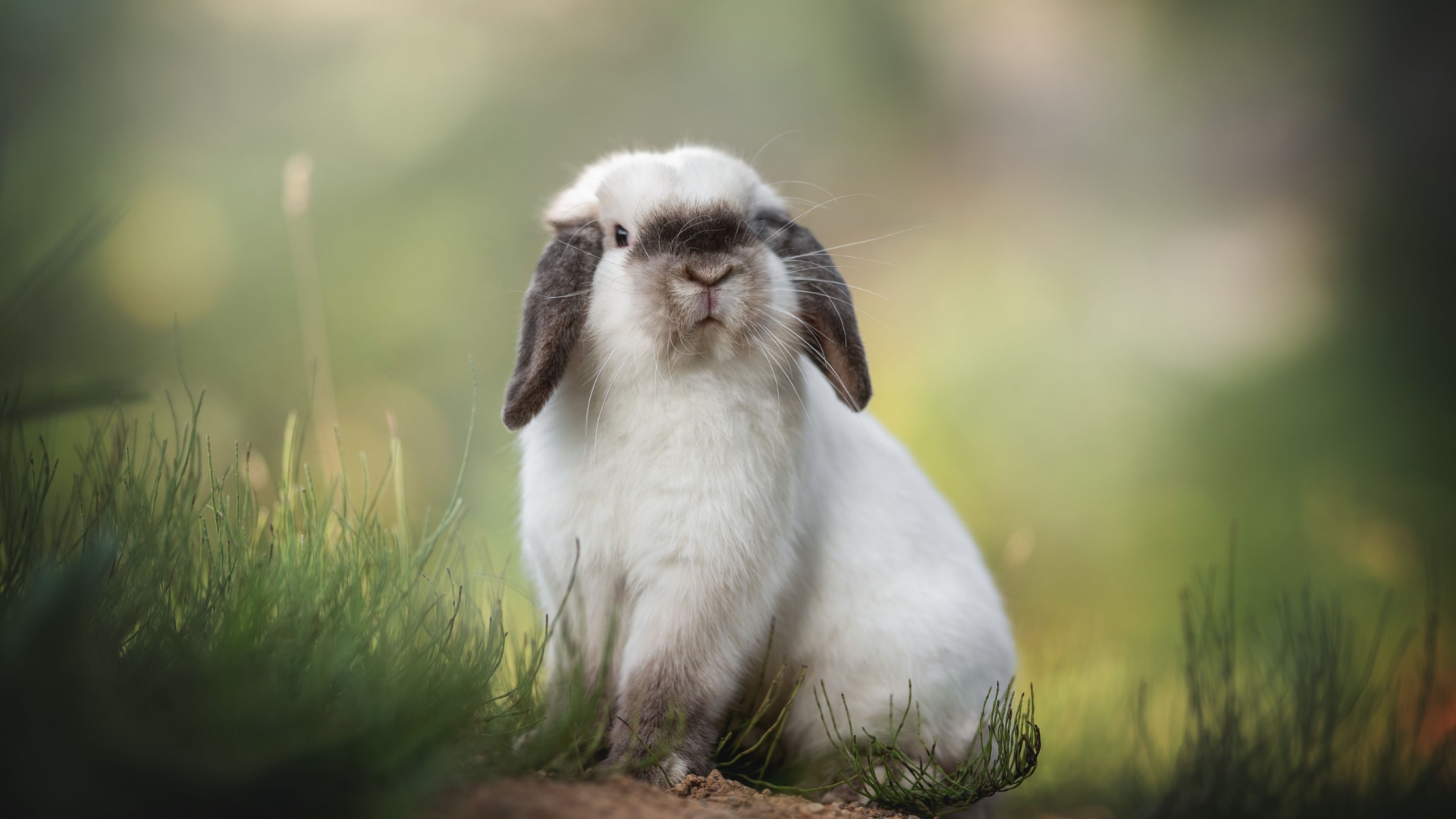
Releasing an animal back into the wild might seem like a compassionate choice, but for some species, it can do more harm than good.
Sometimes, once adopted former-wild animals have grown too dependent on humans. Or those animals may be an invasive species that we weren’t aware could wreak havoc on local ecosystems.
By understanding why some animals are better off staying in care or being rehomed responsibly, you’ll not only protect the animal but also help preserve the balance of nature.
The point is this: not all animals are equipped to thrive – or belong – in their natural habitats once they’ve lived in captivity. In this article, I’ll list animals you should never release into the wild and explain why letting them go might not be the best idea.
Let’s dive in and discover how you can make the most ethical choice for these creatures!
1. Domestic Dogs And Cats
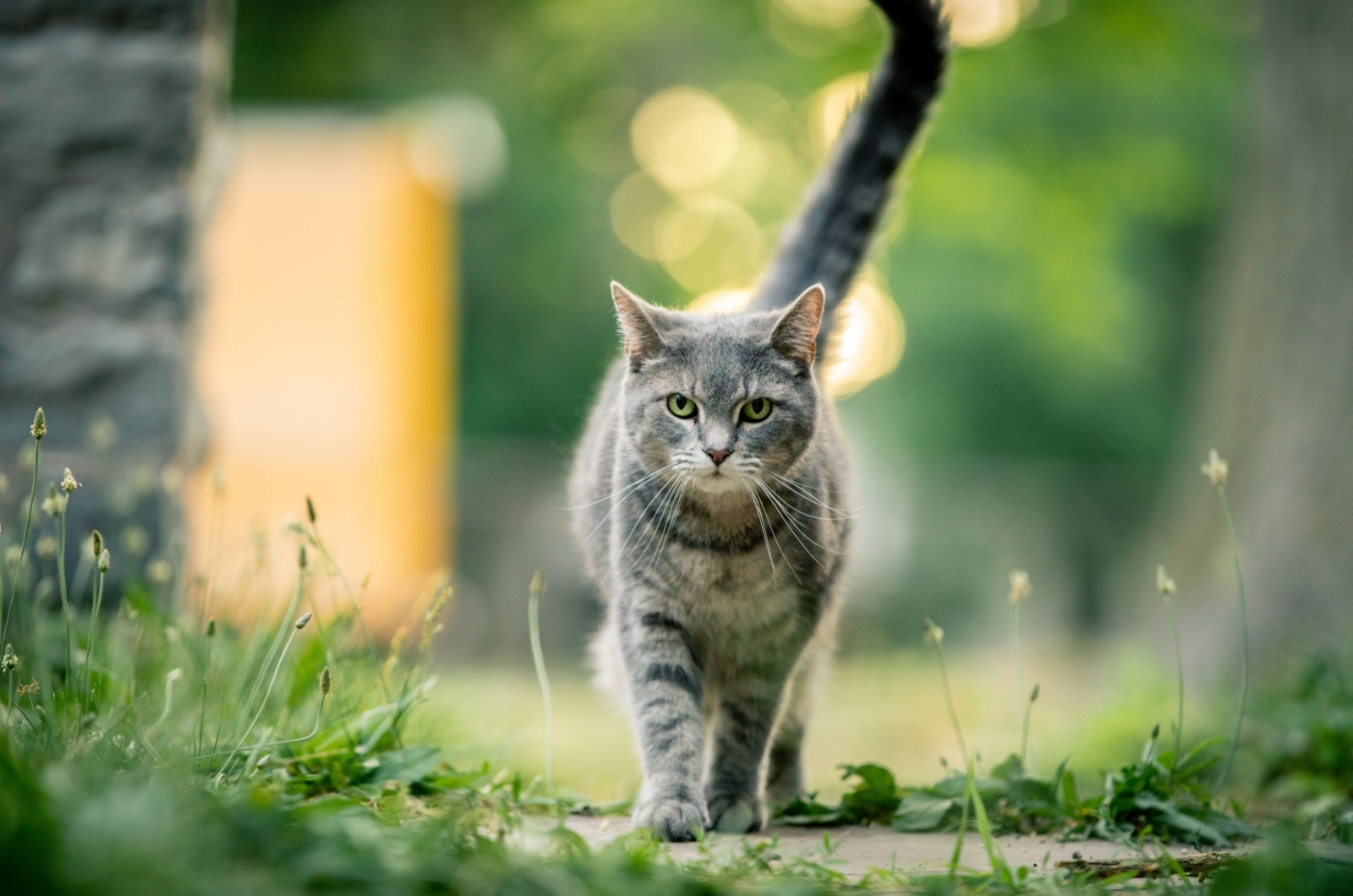
Domestic dogs and cats might seem like they’d enjoy a life of adventure in the great outdoors, but the reality is far from it.
These furry companions are used to being pampered with kibble, cozy beds, and cuddles, not fending off predators or hunting for their own food. Plus, cats especially can wreak havoc on local wildlife, taking down birds and small mammals at alarming rates.
Dogs, meanwhile, can spread diseases or even form feral packs, which isn’t great for anyone!
2. Pet Birds
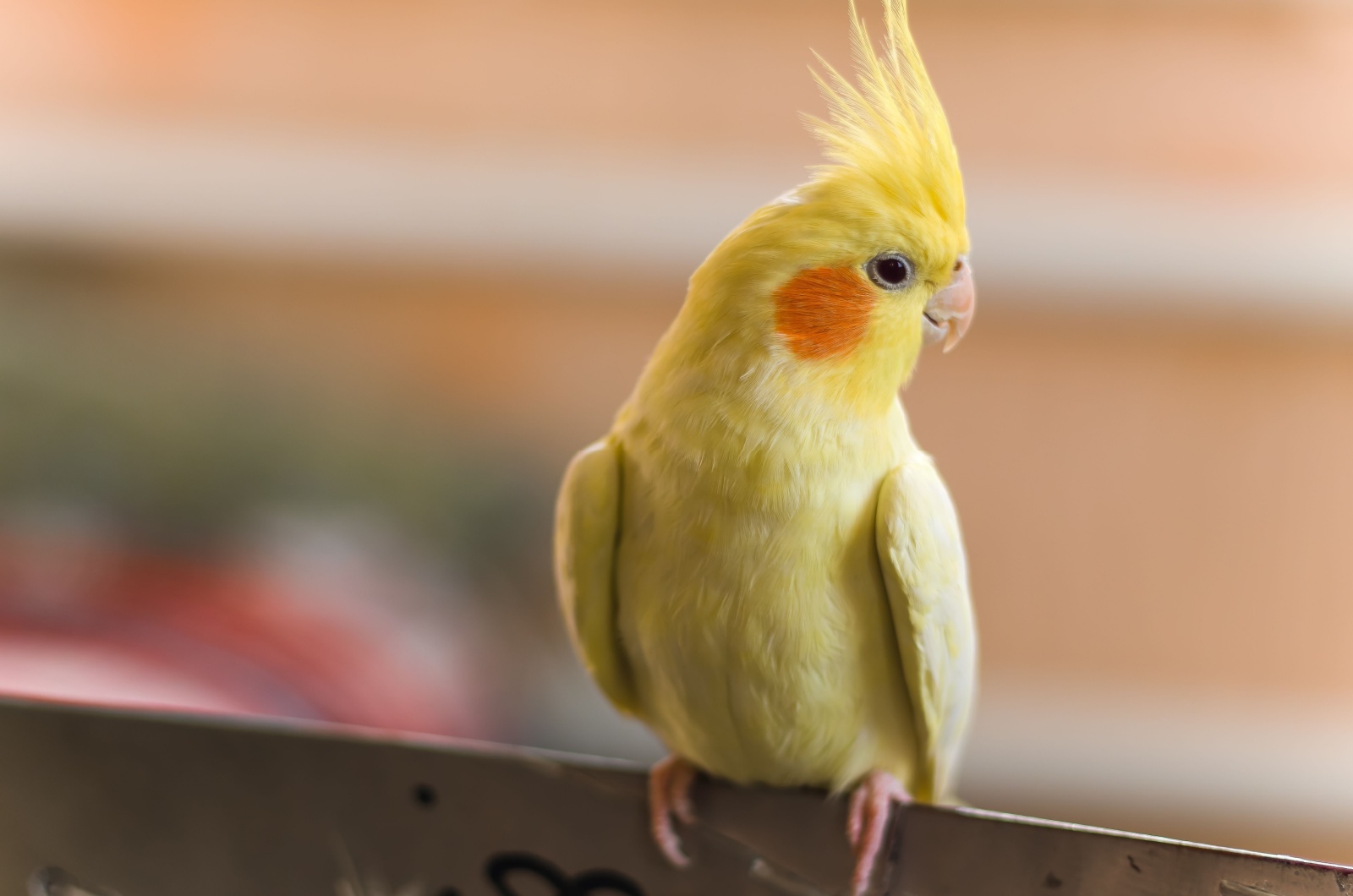
Pet birds, like parrots and cockatiels, may look majestic when they’re flying free, but they’re not equipped for wild living.
After a lifetime of enjoyment, where they spend their free time munching on seed mixes and enjoying the safety of their cages, they’re not ready to forage for food or escape predators. Not at all!
Unfortunately, a pet bird released into the wild often faces starvation, harsh weather, or danger from other animals. We don’t want that for our pretty birds!
3. Reptiles
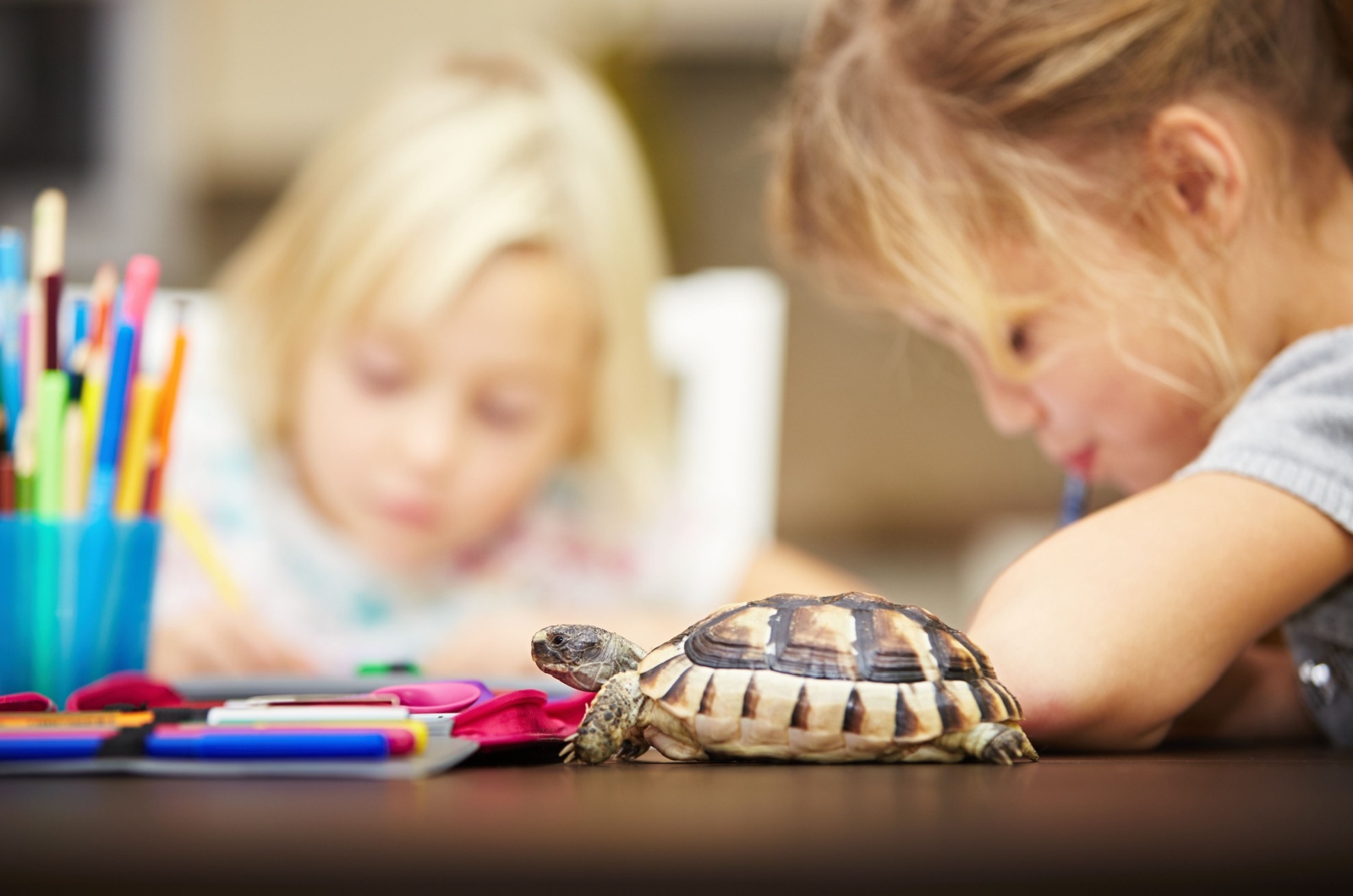
Reptiles, such as turtles and snakes, are another no-go for a wild release. Let’s take red-eared sliders as an example.
These turtles might seem like they’d love a pond to call home, but when they’re introduced to ecosystems where they don’t belong, they can quickly take over. As cute as turtles are, they can definitely be tricky, can’t they?
They’ll outcompete native turtles, gobble up plants, and spread diseases. And let’s not even get started on snakes! Some released pet snakes have caused major ecological disasters that you can’t even imagine!
4. Aquarium Fish
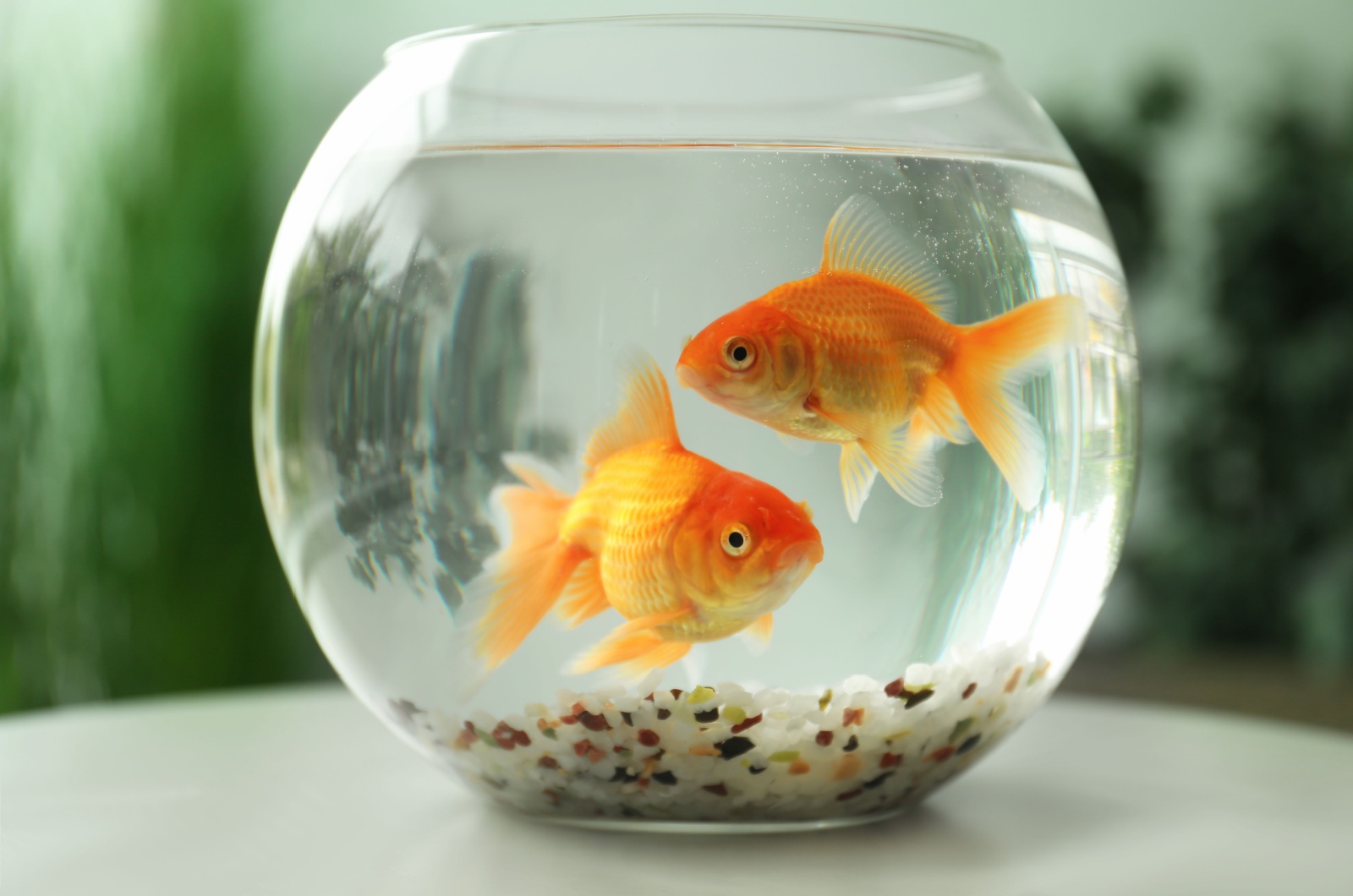
Aquarium fish, like goldfish, might look harmless, but these tiny swimmers can grow to monstrous sizes and cause all kinds of trouble when out of their aquariums. And oh boy, it gets wild!
Goldfish are also notorious for uprooting plants, clouding the water, and consuming resources meant for native fish species. Imagine the serene little fish bowl from your home transforming into an ecological nightmare!
These fish are opportunistic feeders and will outcompete native fish, which of course leaves the local population struggling to survive. Once introduced to the wild, their population can explode! Then, it’s impossible to get rid of them!
If you no longer want your aquarium fish, find a responsible way to rehome them instead of releasing them into the wild. Seriously!
5. Exotic Mammals
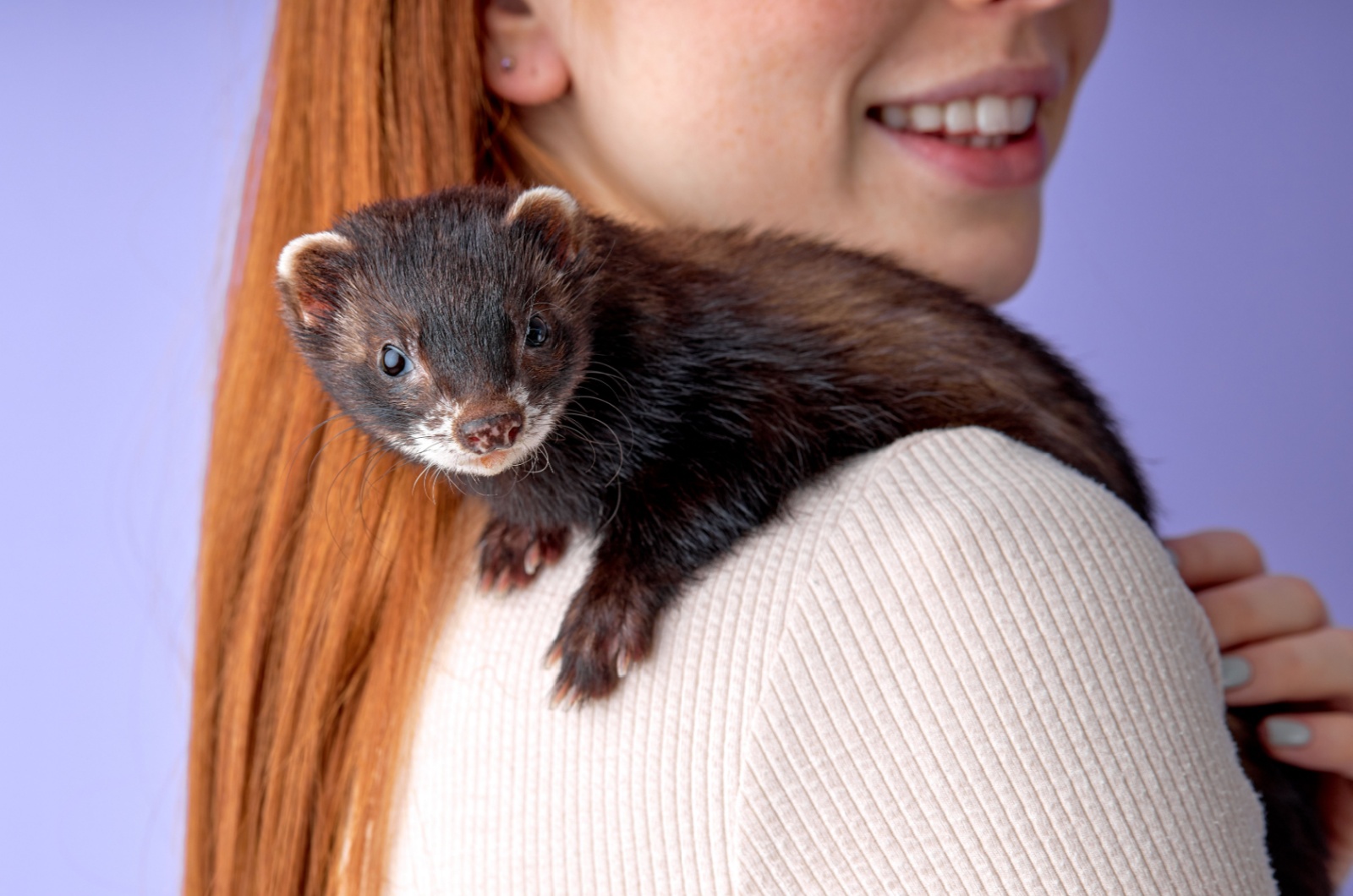
Exotic mammals like ferrets and sugar gliders might make adorable pets, sure. But guess what? They’re completely unequipped for survival in the wild. These animals thrive in controlled environments where their food, shelter, and safety are ensured.
They wouldn’t know how to find suitable food or protect themselves from predators. For example, sugar gliders are accustomed to being hand-fed in captivity. They would get lost in unfamiliar environments or compete with native species for limited resources.
Ferrets, on the other hand, lack the skills to deal with extreme weather conditions or hunt effectively. Even if they somehow manage to survive, they can create a whole new set of problems by introducing diseases or competing with native mammals.
It’s far safer and kinder to keep these exotic animals in their proper homes where their needs are fully met!
6. Rodents
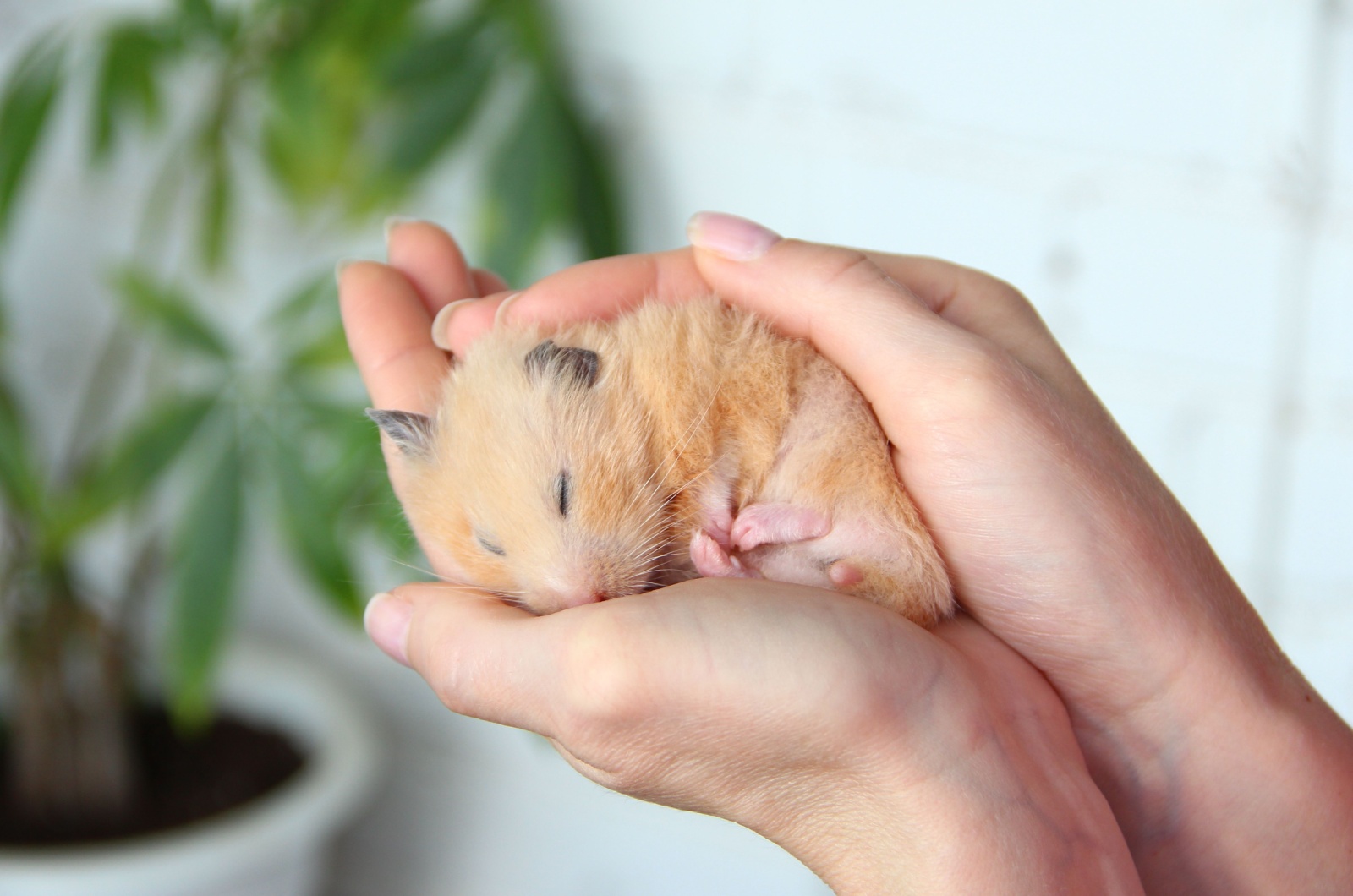
Rodents like hamsters and guinea pigs are so sweet and cuddly! And this is why they’re no match for the wild. These little guys have spent generations being bred as cuties, not survivors.
Without the safety of their cages and the consistent availability of food, they wouldn’t last long! At all. Guinea pigs, for example, are entirely defenseless against predators and have no natural instincts for finding shelter or foraging. So, they’d starve or get eaten.
Similarly, hamsters may have the curiosity to explore but lack the ability to recognize danger. Instead of releasing these beloved pets, consider finding them a new home where they can live out their lives in comfort and safety!
7. Domesticated Farm Animals
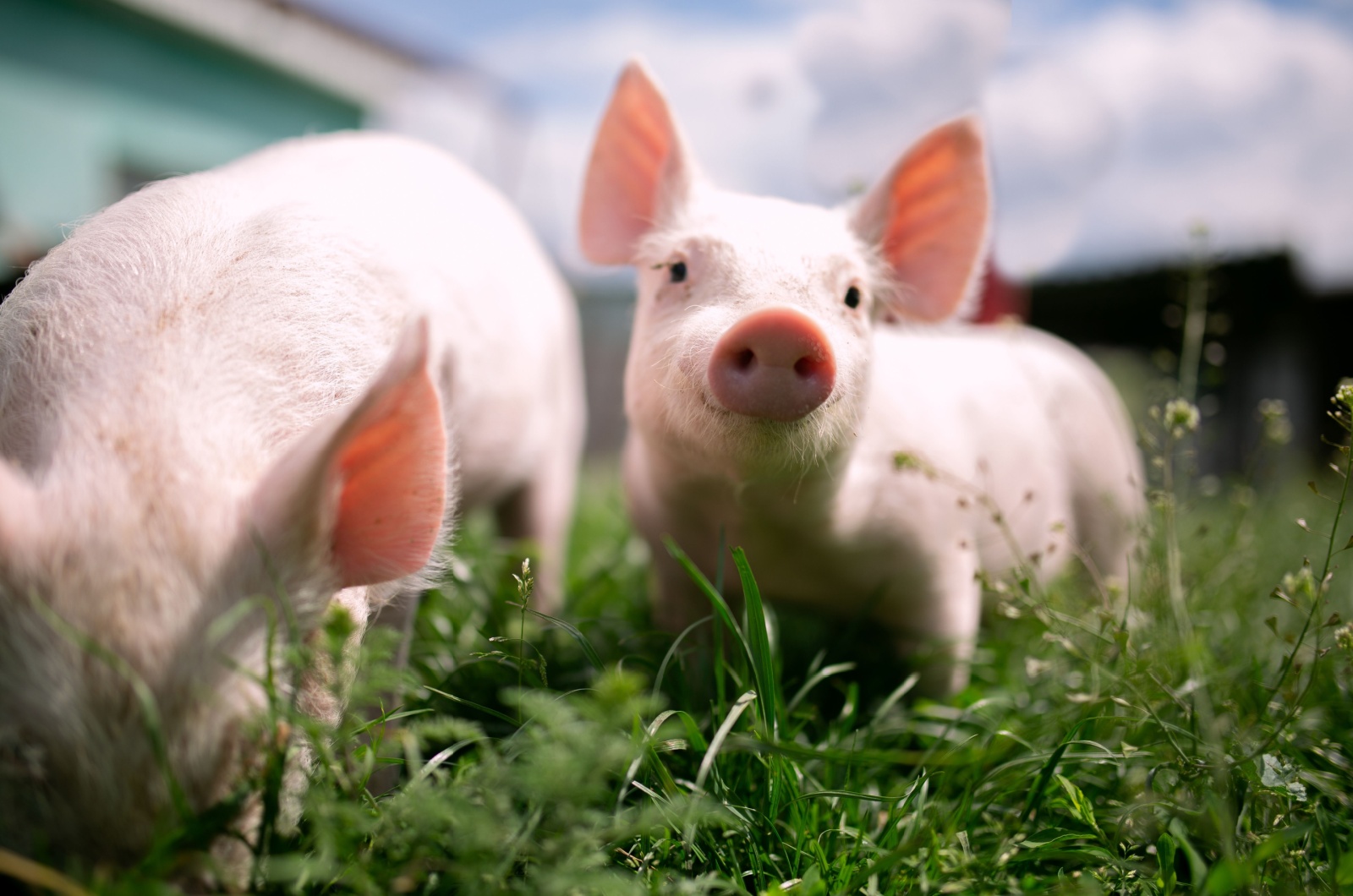
Domesticated farm animals, like pigs and chickens, might seem hardy (and tasty!), but they’re far from prepared for life outside a farm. These animals have been bred for generations for farms, where food is provided and predators are kept at bay!
In the wild, however, they can become easy prey or wreak havoc on local ecosystems. For example, pigs tend to overgraze, which can lead to soil erosion and destruction of native plants.
Chickens, meanwhile, are extremely vulnerable to predators and can inadvertently spread diseases to wild bird populations!
Another thing: escaped farm animals can sometimes form feral populations that compete with native species, too. It’s important to recognize that these animals are not equipped for life outside of human care, so don’t force them into it!
8. Amphibians
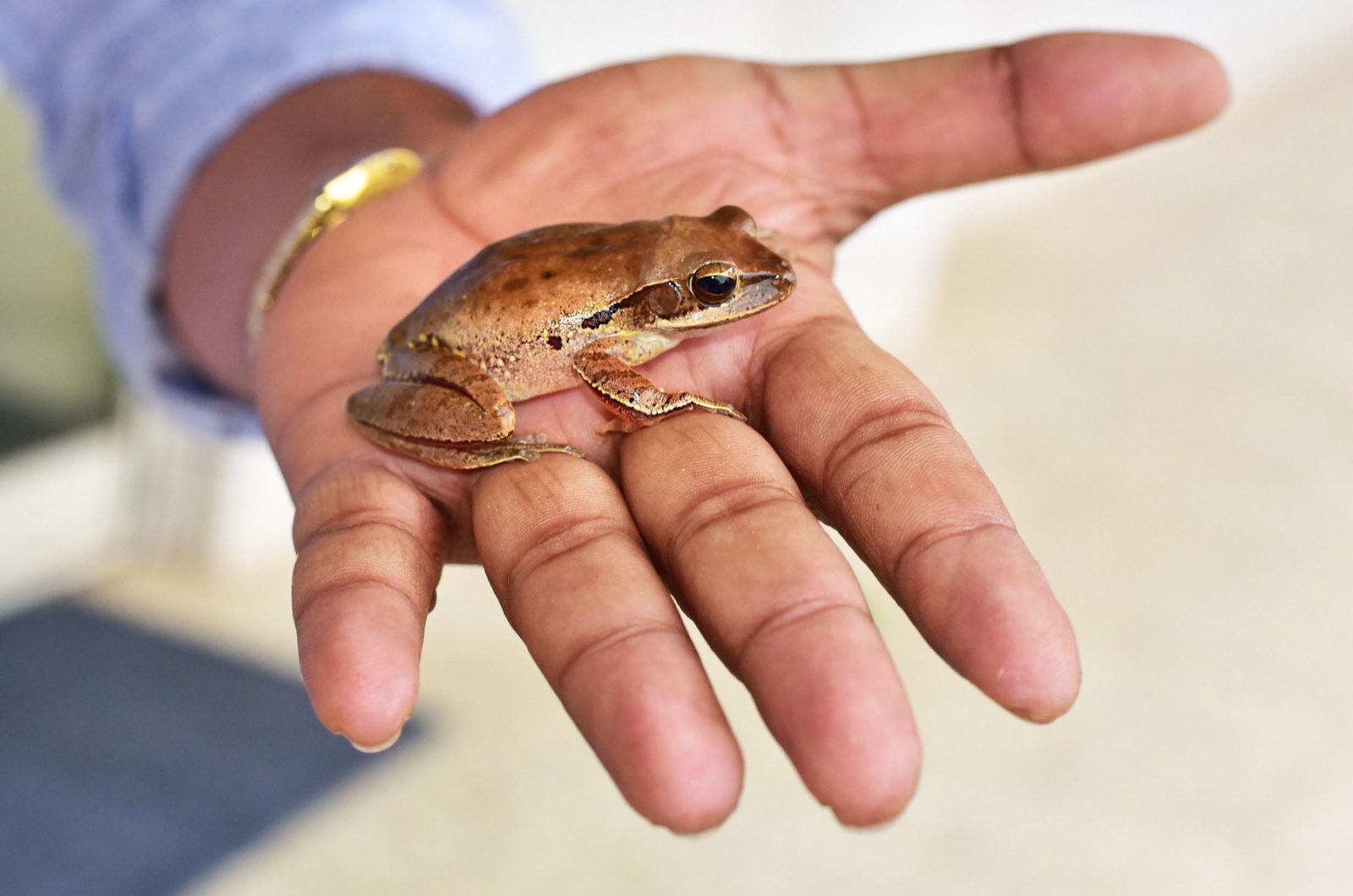
Amphibians, such as frogs and salamanders, are more delicate than they appear. While they may seem like they could easily adapt to the wild, releasing them can cause devastating consequences!
Amphibians are known carriers of chytrid fungus, a deadly pathogen that has already decimated populations of native frogs and other amphibians around the world. Even if your pet amphibian appears healthy and happy, it could carry this disease!
Instead of releasing them, ensure your amphibians remain in their tank or seek a responsible rehoming solution that won’t endanger the environment!
9. Insects

Insects, including exotic crickets and cockroaches, might seem harmless enough at first glance. But oh, you’d be wrong. Releasing them can spell disaster for local ecosystems!
These tiny creatures have a sneaky way of becoming invasive. Take exotic crickets, for instance. Once free, they can breed rapidly and create dense populations that crowd out native species.
Cockroaches, on the other hand, are survivors to a fault. Introducing them into a new environment could lead to the spread of diseases or contamination of local food supplies.
The damage doesn’t stop there. Invasive insects often ruin crops and gardens, causing headaches for farmers and gardeners too. While it might seem like no big deal to let a cricket hop away, the ripple effects can be far-reaching.
All in all, don’t let the insects free!
10. Marine Animals
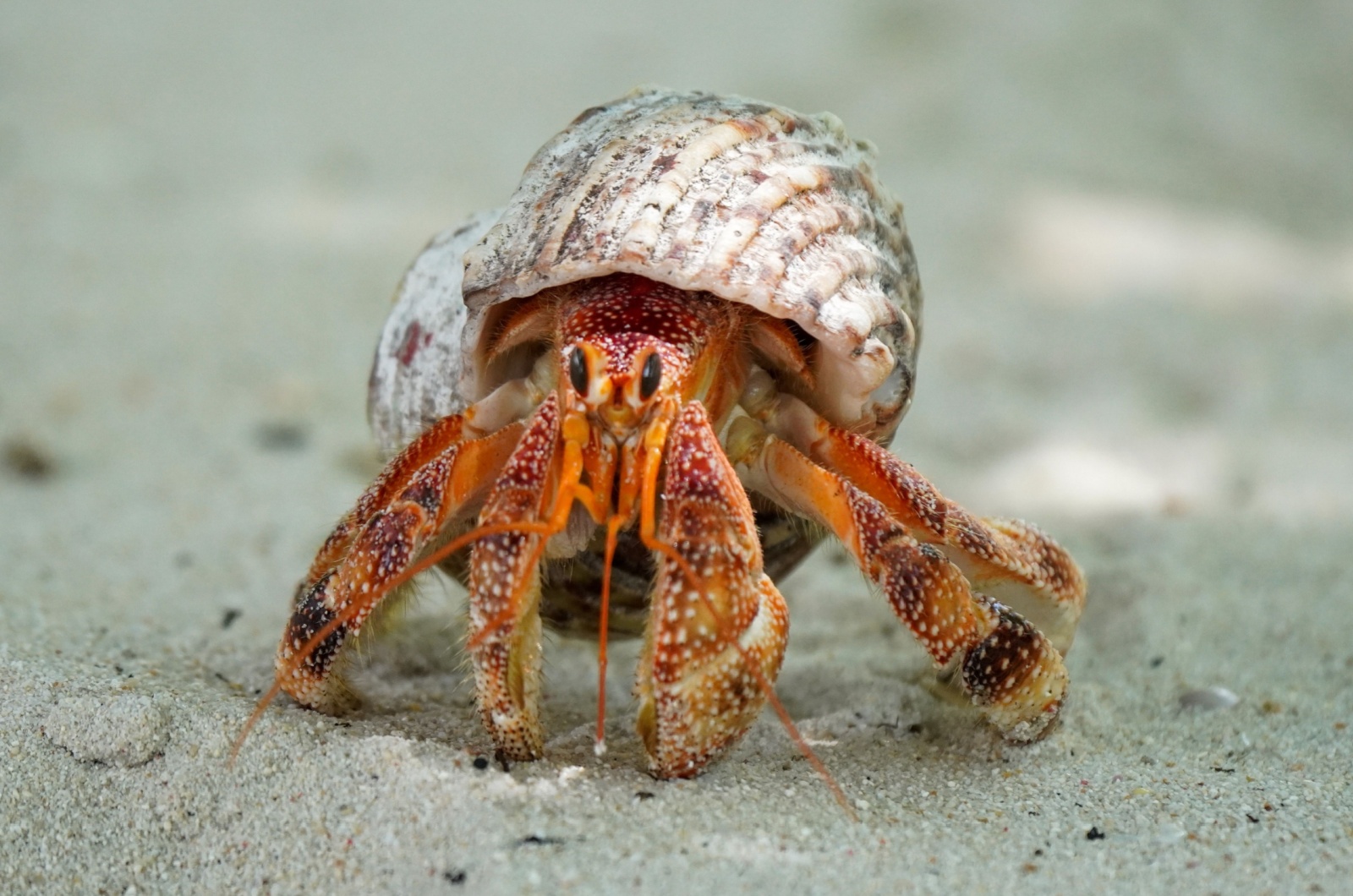
Marine animals like hermit crabs are resilient. Yet, after a life of being fed and protected, they’re ill-equipped to deal with predators or find food on their own. Similar to all the other animals on this list!
So what is the lesson today? The lesson is this: when caring for animals that are no longer wanted, it’s always better to find appropriate shelters, rescues, or sanctuaries.
Releasing animals without understanding the consequences can do more harm than good to both the animal and the environment. So, keep these tips in mind to ensure you’re making the best decisions for your animal friends!
11. Rabbits
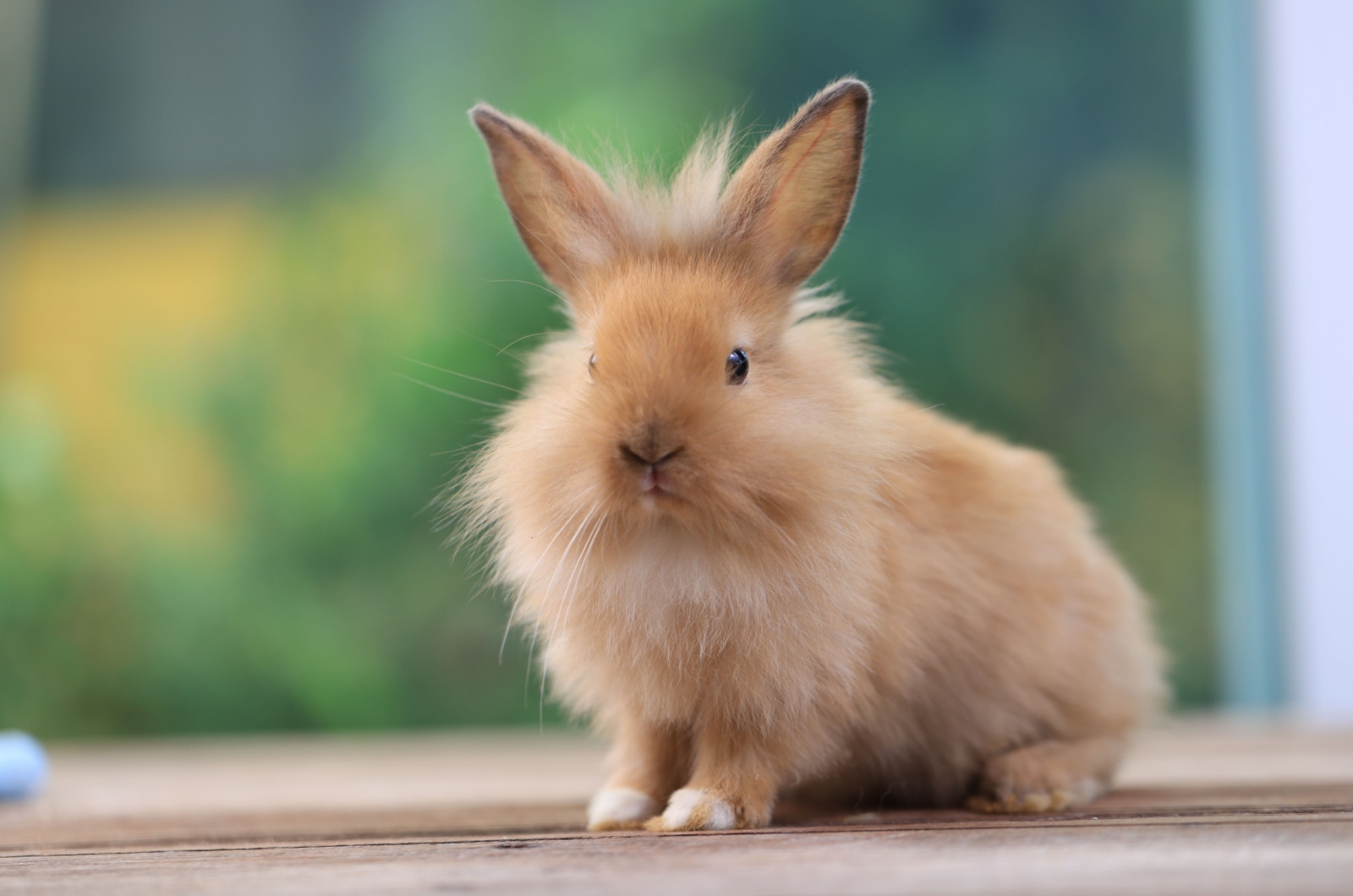
Domestic rabbits may seem capable of surviving in the wild, but they lack the survival instincts and physical adaptations of their wild counterparts.
Released rabbits are often unable to find adequate food or shelter, making them vulnerable to predators, extreme weather, and disease.
Additionally, released rabbits can cause ecological harm by breeding rapidly and competing with native species for resources, potentially disrupting local ecosystems.
12. Hedgehogs
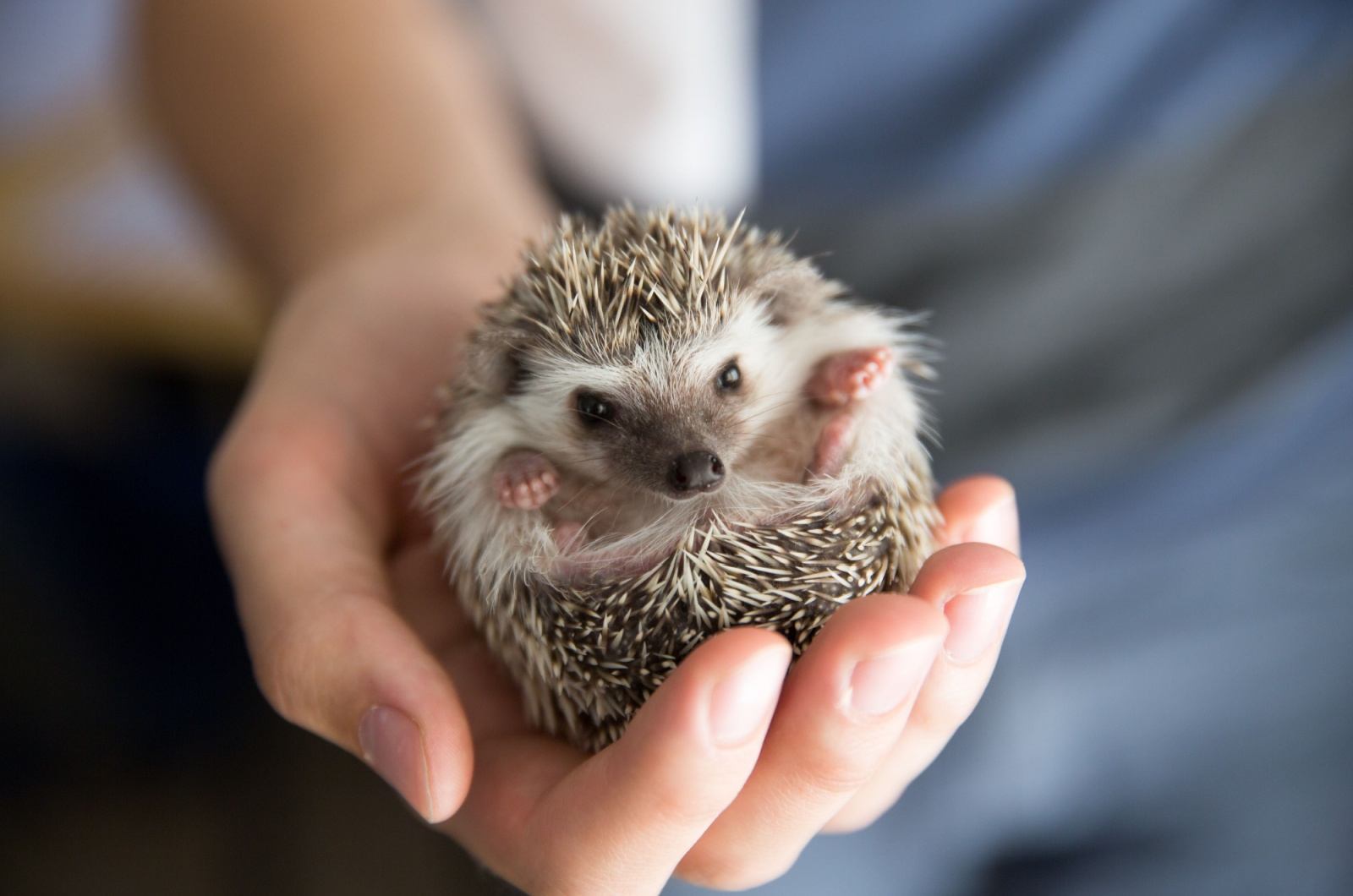
While hedgehogs may seem hardy, releasing them into the wild is detrimental to both the animals and the local ecosystem.
Domesticated hedgehogs are not equipped to survive in the wild as they lack the instincts and foraging skills of their wild counterparts. Additionally, they are vulnerable to predators, extreme weather, and starvation.
Released hedgehogs can also introduce diseases or parasites to native species, causing ecological harm. Their survival depends on human care, making release into the wild a poor choice.

